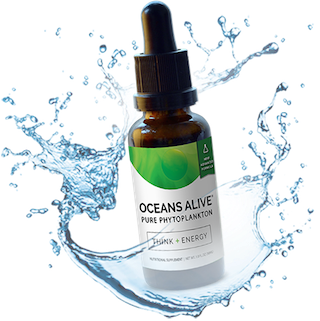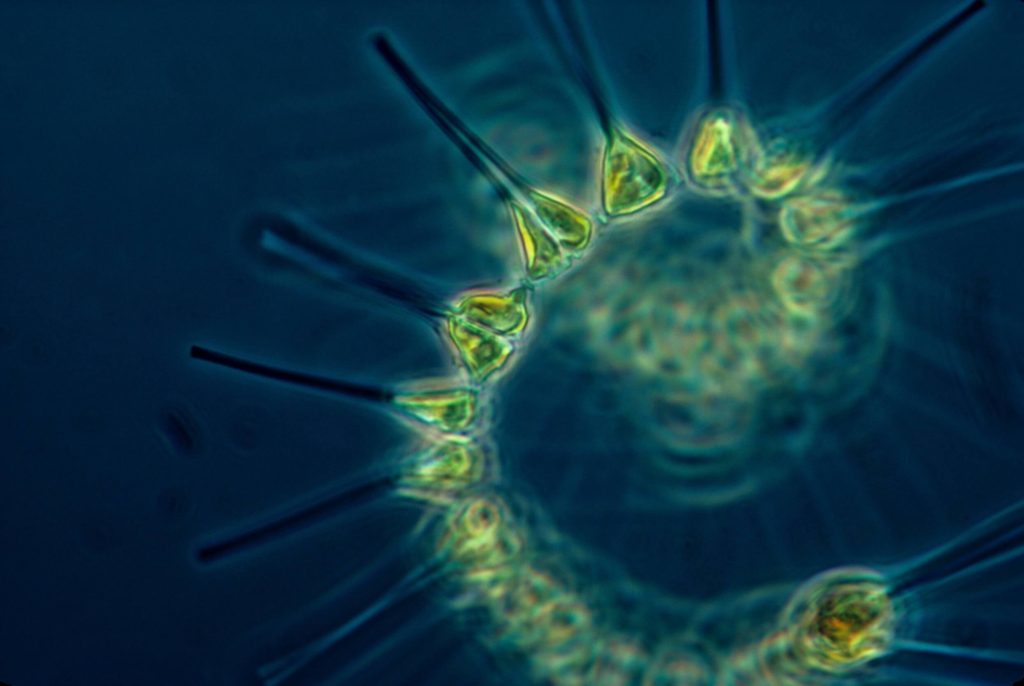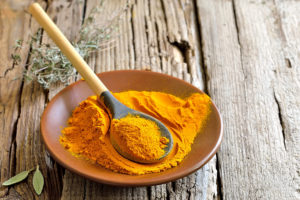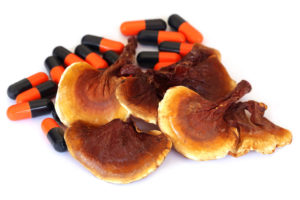If all the fish in the world were suddenly to disappear, oceans would seem like vast, empty wastelands. Of course, nothing could be farther from the actual truth.
Oceans are virtually teeming with life, above and beyond the fish. There are marine plants near the coastal areas — kelp, for example — as well as coral reefs that serve as rich ecosystems for all sorts of coral, fish, and other marine life.
But much of the ocean’s abundance of life is invisible to the human eye. It’s called marine phytoplankton.
WHY SHOULD YOU CARE ABOUT PHYTOPLANKTON?
Marine biologists are fascinated by marine phytoplankton. Whales depend on these microscopic creatures for subsistence. But aside from scientists and natural predators, who should care about it?
1. For starters, anyone concerned about global warming should care a lot.

These microorganisms have a tremendous effect on greenhouse gasses. It’s not just whales that feed on them but also fish. Sardines find them to be especially tasty, and the overfishing of sardines leads to blooms in marine phytoplankton populations.
When marine phytoplankton dies, they sink and decompose. That releases methane, which rises through the water and is released in gas form into the atmosphere (1). Methane, the same gas emitted from cattle and termites, is more potent than carbon monoxide in causing global warming!
What’s more, the bacteria that decompose the dead phytoplankton tend to use up all the oxygen in the water, effectively suffocating every living thing in the area (2).
2. In addition, anyone concerned about health & nutrition should care, too.
Secondly — and here’s where it gets really interesting — marine phytoplankton is an important source of nutrients for humans, too. Most people don’t know this, but it is considered a superfood.
Microalgae, which is how some marine phytoplankton are classified, is packed with important nutrients. A good portion of the nutritional building blocks of good health can be found in these tiny organisms — those sardines are onto something!
MARINE PHYTOPLANKTON AND YOUR HEALTH
Let’s take a closer look at health benefits. A study from the University of Utah’s Department of Health and Education showed evidence of the following health benefits from ingesting marine phytoplankton (3):
– Increased immunity
– A greater overall feeling of well-being
– Increased energy
– Greater calm and peacefulness
– Better mood
– Increased ability to focus
– Increased optimism
Surprisingly, as you can see from the list above, the benefits of marine phytoplankton seem to go well beyond physiological. Happiness, well-being, and focus are important components of health, too.
Marine phytoplankton is loaded with nutrients, including minerals, B-complex vitamins, protein, and omega-3 fatty acids. What’s more, marine algae and phytoplankton are the only vegetarian sources of the best type of Omega-3 fatty acids. These are EPA and DHA, the types found in salmon.
For vegetarians, this represents an essential source of nutrition.
RECAP
Marine phytoplankton may live far away from you, out in the vast oceans of the world, but they impact your life in several ways. If you like to be proactive about your health and well-being, considering these microorganisms as a food source can make a big difference in your life.
As for the climate change implications of phytoplankton blooms, that’s a whole different matter. For now, your most important takeaway is this: marine phytoplankton is an important superfood which you should not overlook.
References:
1 Marine methane paradox explained by bacterial degradation of dissolved organic matter. Nature. Retrieved 5/7/2017 from http://www.nature.com/ngeo/journal/v9/n12/full/ngeo2837.html
2 What are Phytoplankton? NASA Earth Observatory. Retrieved 5/7/2017 from https://earthobservatory.nasa.gov/Features/Phytoplankton/
3 Health Indicators of Alpha 3 Concentrated Marine Phytoplankton Use Among Apparently Healthy Individuals: A Pilot Study. University of Utah Department of Health Promotion and Education. Retrieved 5/7/2017 from http://www.umaclife.com/pdfs/Alpha-3-phytoplankton.pdf
4 Lipids and fatty acids in ice algae and phytoplankton from the Marginal Ice Zone in the Barents Sea. Polar Biology. Retrieved 5/7/2017 from https://link.springer.com/article/10.1007%2Fs003000050274
YOU MAY ALSO LIKE:
WHAT YOU NEED TO KNOW ABOUT YOUR ROOT CHAKRA
What is the root chakra? It’s your first and most important energy center, and it’s located at the base of your…
TURMERIC: INTRODUCTION TO AN HERBAL POWERHOUSE
Among all the medicinal herbs, turmeric is the one with the most wide-ranging scientific validation. Though originally used in Ayurveda and…
THE 5 BEST BENEFITS OF GETTING A MASSAGE
If you’ve never had a massage before, we know you have your reasons. But if you’re on the fence about getting…
MORE THAN JUST A PRETTY FLOWER – BENEFITS OF ROSE ESSENTIAL OIL
Historically, rose essential oil goes back to ancient Egypt, Rome, and Greece. Nowadays, its intoxicating smell, as well as therapeutic properties,…
THE HEALING POWER OF MUSHROOMS
“Traditionally valued for their health benefits as well as their nutritional value, modern research is now confirming the therapeutic properties of…
RAW VEGAN AVOCADO CHOCOLATE MOUSSE CAKE
This decadent, raw, vegan cake is sure to please anyone. It’s raw, organic, and gluten-free! All the ingredients are excellent sources…







